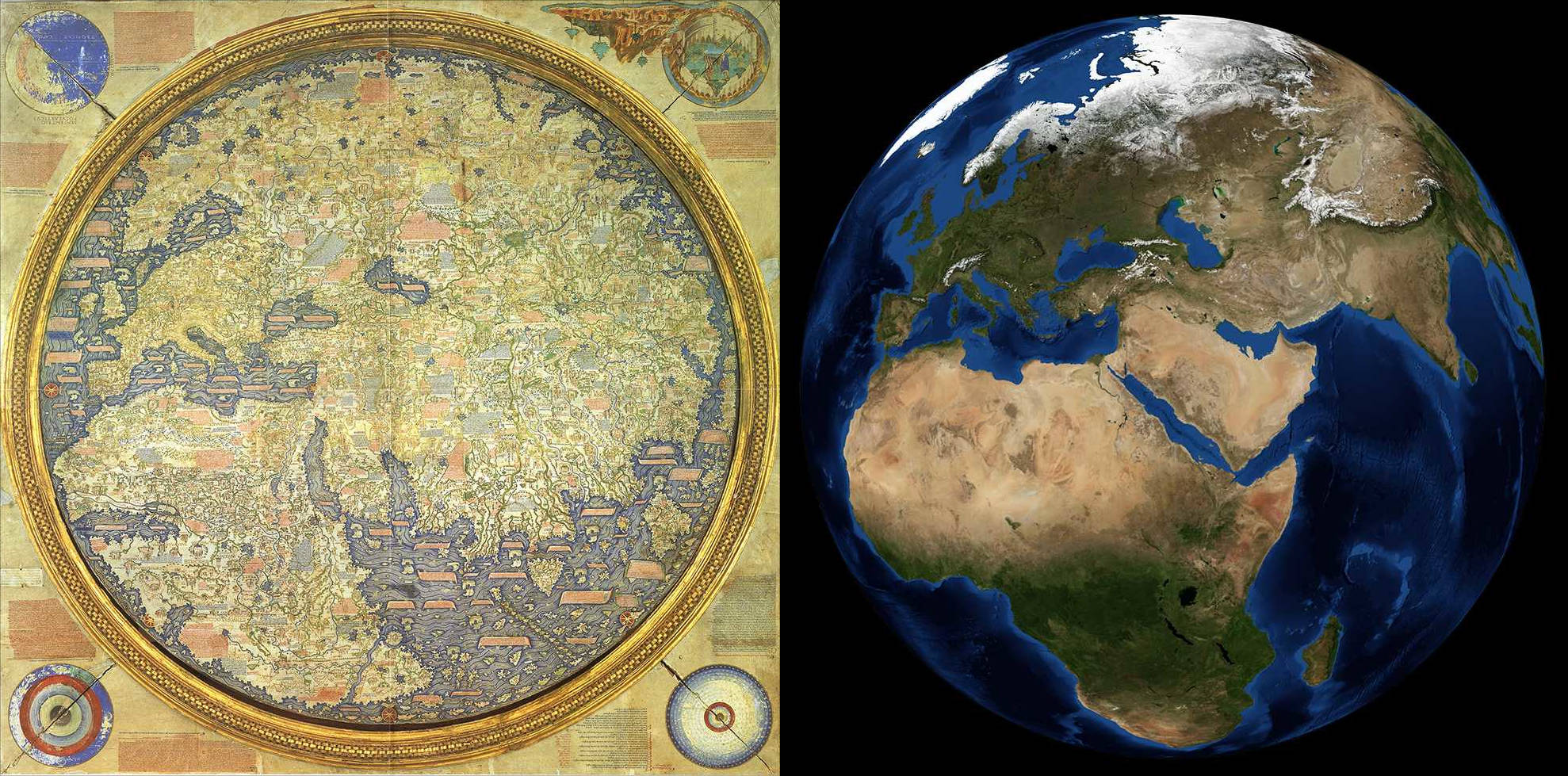- Instructor of record: Michael Allen

This course introduces students to International Studies, an interdisciplinary social scientific field. What is the contemporary “international” world order and how does one study it? How is the “International” similar or different to “Global,” the “Planetary” or other ways of conceptualizing the “World”? The class seeks answers to these questions in a few parts. After a brief introduction, we will first conceptualize the planetary by theorizing the global environment, climate change, and biodiversity loss, the theory of the “Anthropocene,” and social scientific critiques of this geologic theory. These critiques trace the roots of contemporary ecological crises to the history of colonialism, modernity and capitalism. Thus, in the second part of the course, we will investigate the historical origins of the present. We will situate the contemporary “international” world order within the longue durée: from early forms of “globalization,” to colonialism, and imperialism; to revolutionary struggles for freedom, independence, and self-determination; and finally, the legacies of 20th-century histories of decolonization, modernization, development, and international relations theory. Through social scientific, ethnographic, and documentary case studies we’ll explore the complex impacts of decolonization, development, postcolonialism and global inequality on local economies, ecologies, and cultures. Finally, we will conclude by examining globalization in the 21-century with case studies of global social movements for social, racial, and environmental justice that will challenge us to apply the insights we have gained across the course.
- Instructor of record: Nicholas Carby Denning
